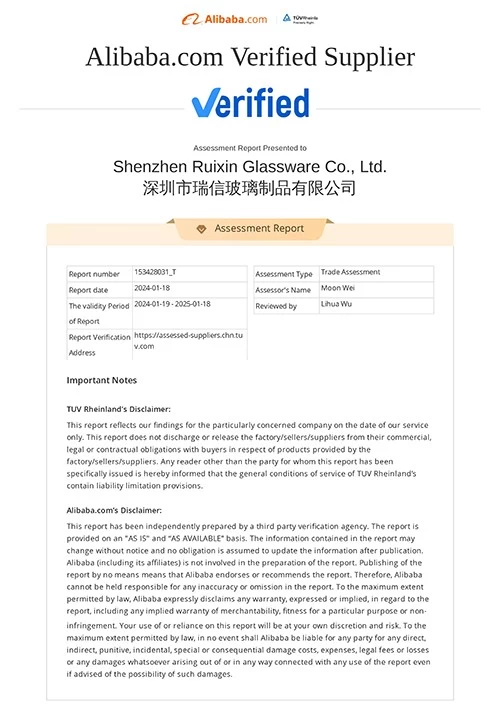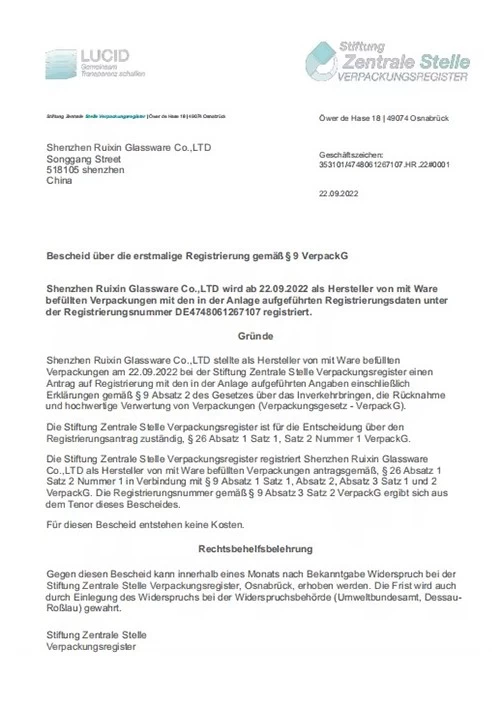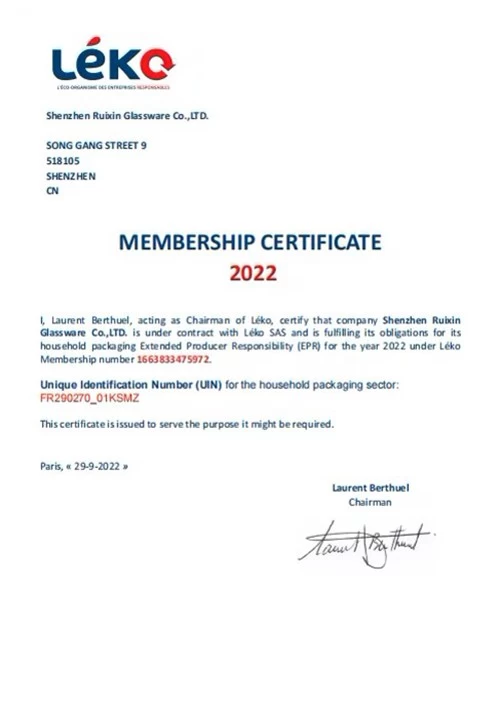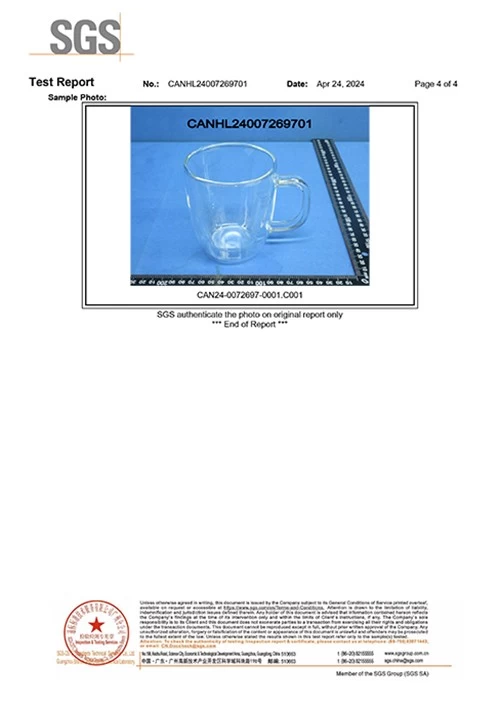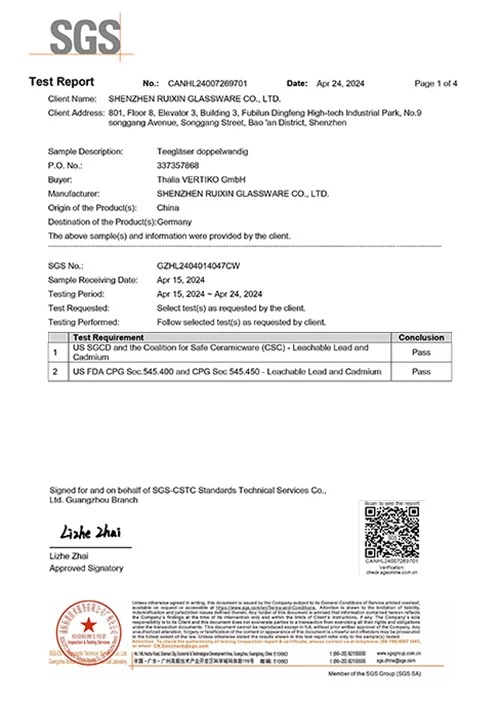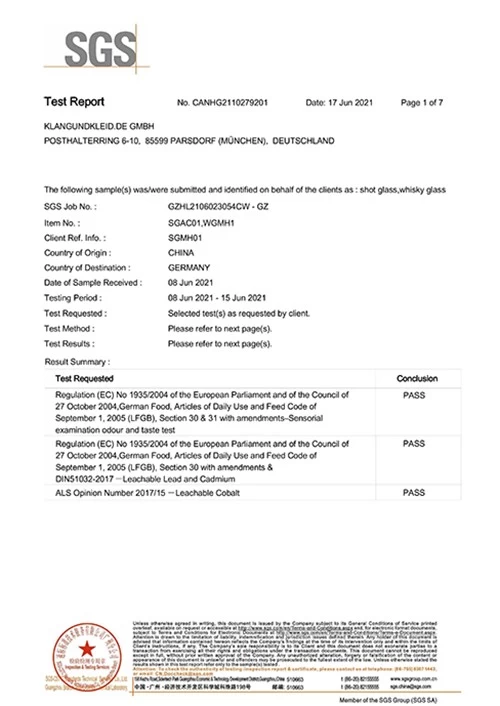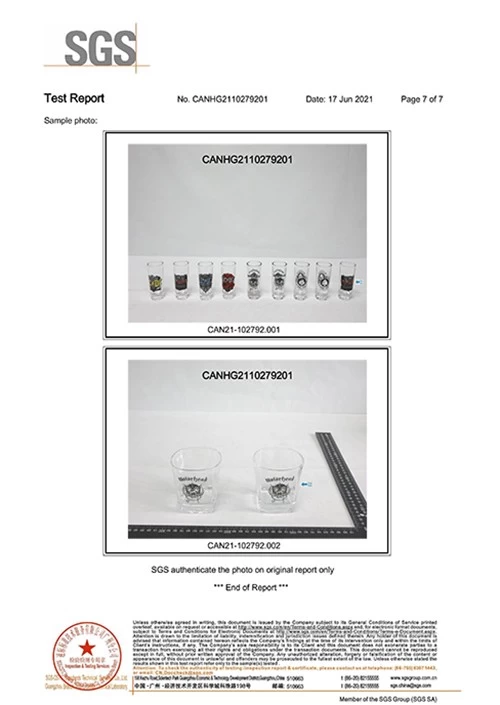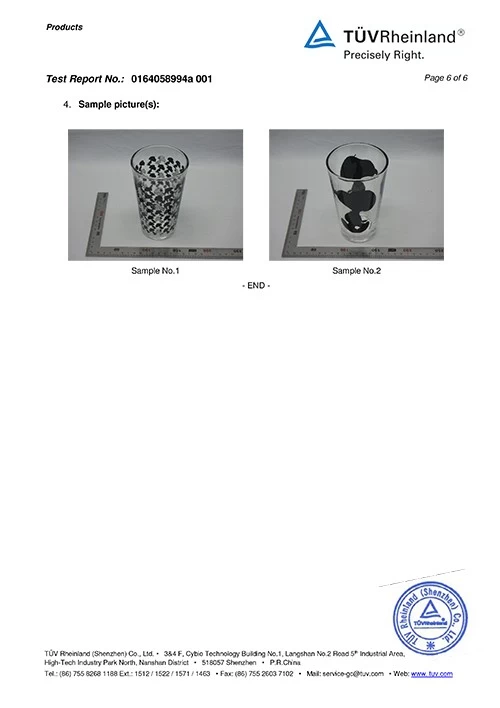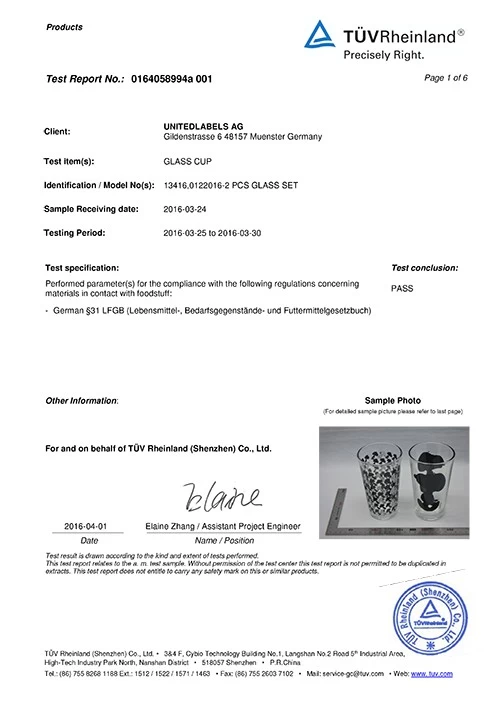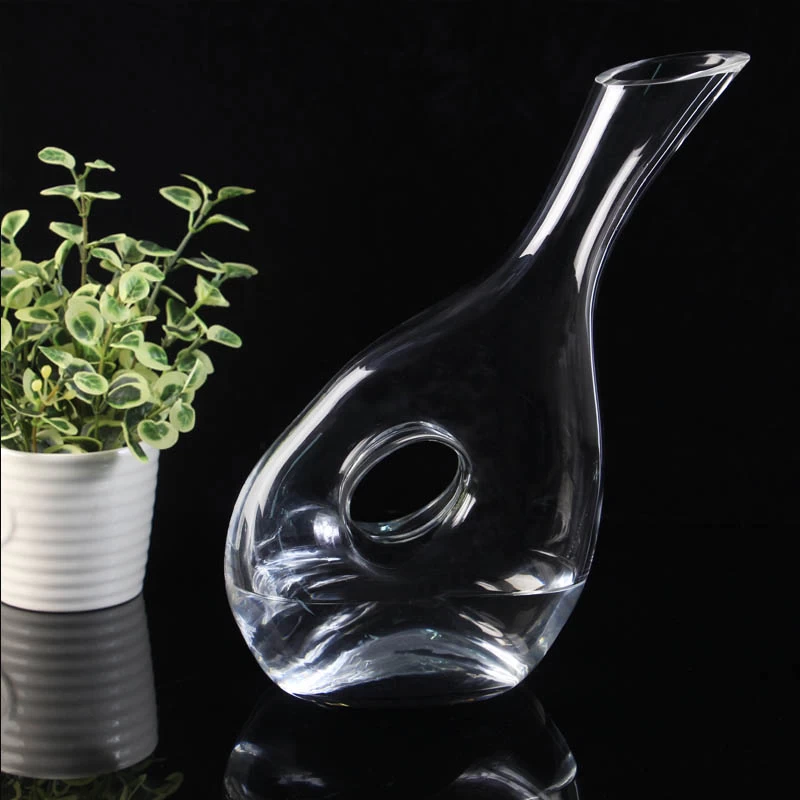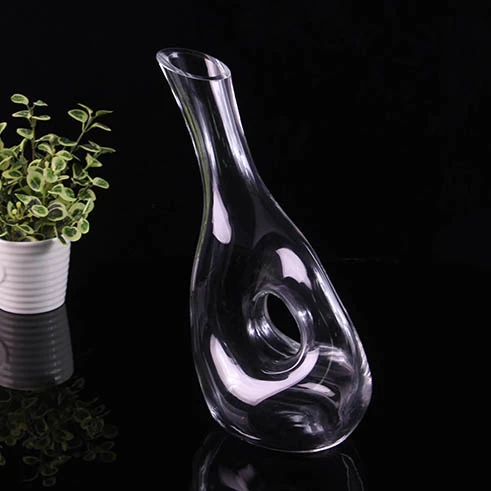What's the function of the decanter
2017-06-06 10:11:31
Effect 1: remove the precipitation of wine
When the wine is opened, the wine is poured into the decanter, where the precipitate in the wine bottle is separated from the wine. There are two main reasons for wine precipitation. It is possible that the vintage is very old, or that there is no filtration or clarification in the process of brewing wine. Many wines do not produce a lot of precipitation now, so there is less and less to remove them by sober.
Effect two: oxidation
This is another purpose of sober up, through sober up wine and oxygen sufficient contact, that is, we often say, let the wine "breathable" or "breathe."". The process of pouring wine into the decanter is similar to what we shake the wine glass. It speeds up the oxidation of the wine and gives the aroma of the wine. It also makes the wine more supple and gives off some unpleasant smell. "Wine Bilbe" author Karen McNeil recommend that most Wine touch the air, especially very high tannin Barolo (Barolo), Cabernet Sauvignon (Cabernet Sauvignon), Potter (Port) or red Rhone (Rhone Valley) Wine, and she thinks this process basically on the elegant Kianti (Chianti) and Pinot Noir (Pinot Noir) do not have what harm.
When the wine is opened, the wine is poured into the decanter, where the precipitate in the wine bottle is separated from the wine. There are two main reasons for wine precipitation. It is possible that the vintage is very old, or that there is no filtration or clarification in the process of brewing wine. Many wines do not produce a lot of precipitation now, so there is less and less to remove them by sober.
Effect two: oxidation
This is another purpose of sober up, through sober up wine and oxygen sufficient contact, that is, we often say, let the wine "breathable" or "breathe."". The process of pouring wine into the decanter is similar to what we shake the wine glass. It speeds up the oxidation of the wine and gives the aroma of the wine. It also makes the wine more supple and gives off some unpleasant smell. "Wine Bilbe" author Karen McNeil recommend that most Wine touch the air, especially very high tannin Barolo (Barolo), Cabernet Sauvignon (Cabernet Sauvignon), Potter (Port) or red Rhone (Rhone Valley) Wine, and she thinks this process basically on the elegant Kianti (Chianti) and Pinot Noir (Pinot Noir) do not have what harm.

